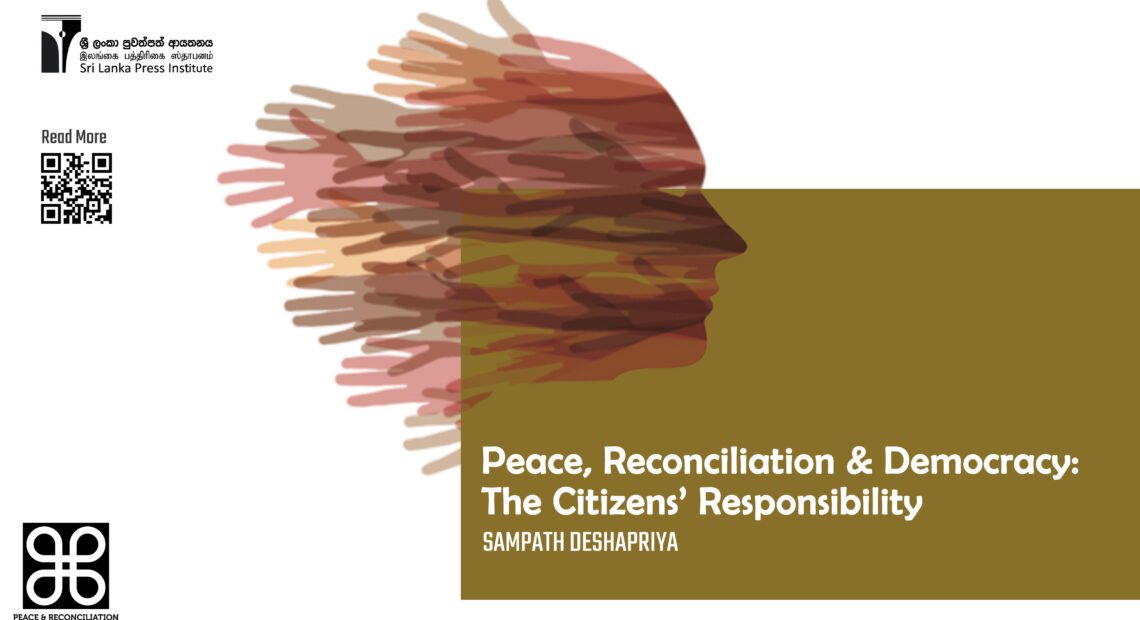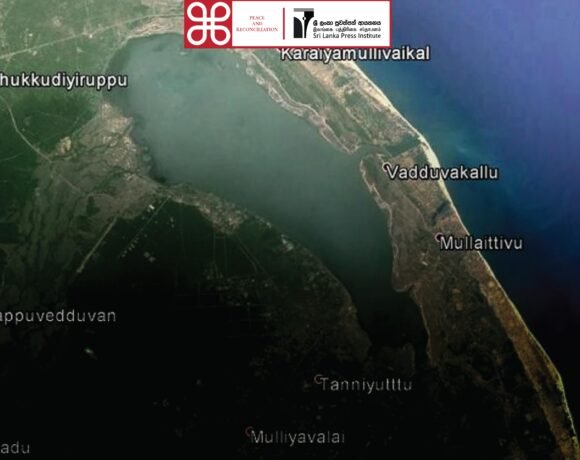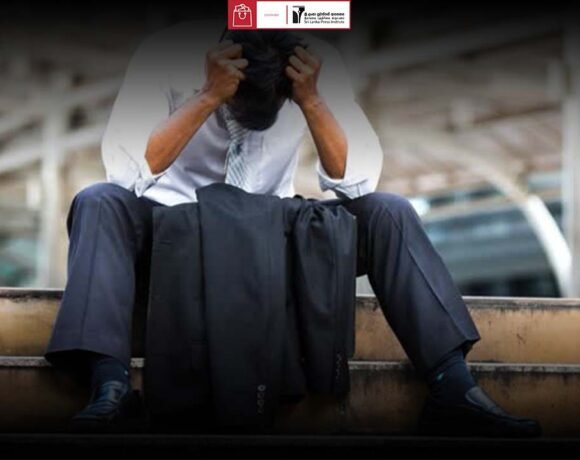SAMPATH DESHAPRIYA
The peace and reconciliation that must be built between the citizens of Sri Lanka is a topic that is completely outside mainstream political agendas. Throughout history, this topic has emerged only occasionally, creating an inadequate social discourse that is being undermined once again.Only when the Human Rights Council gathers Genevaare world leaders made aware of situations faced by Muslims and Tamils in the country. But we can’t assume that the present government will find this meeting to be adequate cause to start building inter-ethnic reconciliation, nor would they find the need to. Rampant Sinhala extremism and religious extremism are not topics that are covered under the current regime and in fact peace and reconciliation are not a part of their political agenda for the country at all.
The very same key figures who led the military effort to end the 30-year ethnic conflict in the North of Sri Lanka, now serve as leaders in the current government. These leaders came into power because the majority Sinhala voter base wanted the war to end, but have completely forgotten that the ethnic conflict in the country didn’t end just because the war did. The present government didn’t even pay attention to the rights of minorities in the North and East when implementing the recent 20th Amendment to the Constitution.Failure to do so has further erased reconciliation as a topic of discussion in Sri Lankan mainstream politics. The country’s faith that has been built on dictatorship ideologies is strong.
75% of the country’s population are Sinhala Buddhists, which enabled the government to set a political agenda directed at the majority to help them win the election.The present regime has been instilling the idea that extremist Tamils and Muslims who have foreign support can only be defeated be the them and them alone. The election results clearly indicate that the government succeeded in popularizing this ideology which helped them win the election. Along with the win, the false belief that all the factors that led to the ethnic crisis in the country, which in turn paved the way for the 30 Year War, have automatically disappeared has become the contemporary norm. So has the illusion that the current government is an anti-Western regime and made up of patriotic forces been seriously socialized. Due to these collective reasons, in the near future the regime will attempt to show that the impacts of the Geneva Convention are a western conspiracy against the Republic of Sri Lanka.
The need for a political solution to the ethnic crisis is currently being removed from Sri Lankan political agenda and it has created a significant controversy within the country in this government’s recent past.
Agencies like the European Union and United Nations who supported the end of the war had also hoped that the West would find a political solution to the plight of the Tamil people after the end of the war.Former President and current Prime Minister Mahinda Rajapaksa told India that they could have 13+ (India’s 13th Amendment) due to their impartial connection to Sri Lanka’s North.While the war has now ended, the government is yet to keep their promises to the international committee. When these countries eventually took action in this regard, it was interpreted as an intervention on Sri Lankan culture by the West. The government argued that the island’s internal affairs were being made an international affair. The then president, Mahinda Rajapakse eventually appointed the Lessons Learned and Reconciliation Commission (LLRC), on the grounds that international pressure was escalating and it was necessary to prevent a future ethnic crisis after the war ended.But the government failed to implement the commission’s recommendations. Due to this failure, the Human Rights Commission in Geneva called on the government to implement these recommendations.India voted in favor of Sri Lanka’s standin Geneva in 2009 and later abstained due to the island’s non-compliance with promises made to India in 2005.
In the face of Western pressure, the Lankan regime pursued a foreign policy that increasingly approached those of China and Russia. The current government is of course no different to the one lead by Mahinda Rajapakse and is led by a majority of his own government team that failed to provide justice during the transition period after the war ended.The active forces for peace and democracy in the country have been rendered silent or chose to remain inactive in the face of this silent authoritarianism. This is not good.
The present government hopes that promoting legislative reform will solve the problems they face, but there seems to be no evidence of policy reform on their parts. The ‘Yahapalana’ (Good Governance)Government that sat between the two Rajapakse regimes must also be held responsible for this. Even during their time in power, there was no positive and focused intervention for national reconciliation. The result was that a new amendment to our constitution was passed that was indifferent to religious and ethnic minorities.
The forces that helped the government secure a win believed that physically developing the North would solve the problem of ethnic disharmony. The current opposition has doesn’t have a successful take on the breadth and depth of the crisis either. They too are busy trying to secure the majority Sinhala Buddhist vote and haven’t provided the country with an alternative.
We are fueling the growing extremist sections within minorities as a result of not prioritizing ethnic peace. While disharmony may be a catalyst to further consolidate the government’s power in the present, it could have grave consequences on future generations. While the government said it was going to draft a new constitution, there was no mention of how they would involve the opinions of the country’s minorities in the process.Strengthening democratic institutional structures is essential for reform, but we can’t assumethat it will be done in this case. The space for public, civil society and social groups to contribute to policy-making must be made available.In order to get the opportunity to do so, society to must actively begin creating this dialogue.
The country’s active and dominant media doesn’t want to make room for national interest or opinion.Therefore, there is a need for alternative media to be used as platforms to build this broad dialogue.Citizens loyal to peace, reconciliation and democracy must embark on this arduous task of fulfilling their inalienable responsibility.








